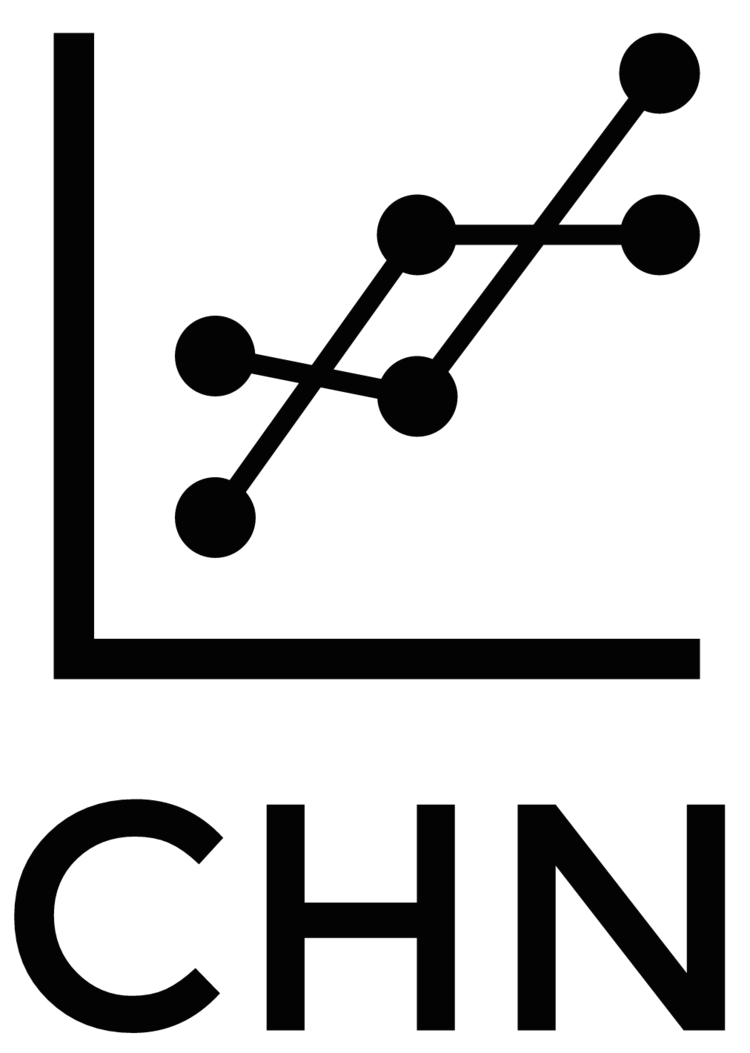"This exhibition uses the materials held by the University of Nottingham's Manuscripts and Special Collections to explore the history of extreme weather events in Nottinghamshire and the surrounding areas. Key events in Nottinghamshire's weather history will be featured: floods, droughts, storms, extremes of temperature and other strange atmospheric happenings (some well-known, others long-forgotten). Archival sources reveal how extreme weather affected daily life in the city of Nottingham and the wider county, the impact it had on different groups in society, their responses to it and which events entered the public memory."
For more information, see the project website at: http://www.lakesidearts.org.uk/exhibitions/event/3356/weather-extremes-making-and-breaking-records-in-nottinghamshire.html







